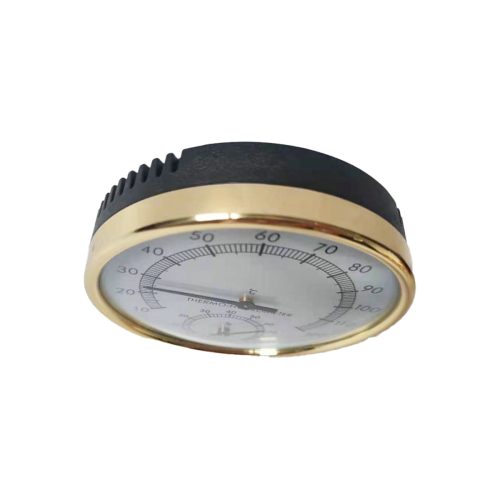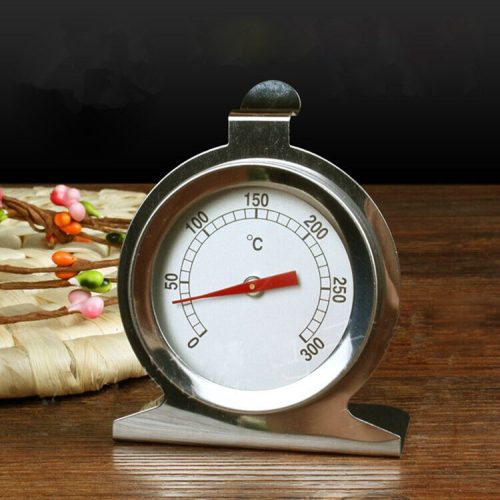Maintaining thermometers properly is crucial to ensure accurate and reliable temperature measurements. Here are some general maintenance tips for different types of thermometers:
- Regular Calibration Checks: Calibrate thermometers periodically to ensure accuracy. Follow the manufacturer’s guidelines for calibration procedures. Calibration helps verify that the thermometer readings remain precise.
- Proper Storage: Store thermometers appropriately when not in use. Keep them in protective cases or storage containers to prevent damage or exposure to extreme temperatures, moisture, or dust.
- Handle with Care: Handle thermometers gently to avoid physical damage to the sensors, probes, or display screens. Avoid dropping, banging, or mishandling the thermometer to maintain its accuracy and functionality.
- Cleanliness and Hygiene: Clean thermometers after each use, especially if they come into contact with food or are used for medical purposes. Use a gentle disinfectant or alcohol swab to sanitize the thermometer’s probe or sensor according to the manufacturer’s instructions.
- Battery Maintenance: For digital thermometers that use batteries, replace the batteries according to the manufacturer’s recommendations. Remove batteries if the thermometer will not be used for an extended period to prevent corrosion.
- Avoid Exposure to Extreme Conditions: Protect thermometers from extreme temperatures or environments outside their specified operating range. Exposure to extreme heat or cold can affect the accuracy and functionality of the thermometer.
- Follow Manufacturer Guidelines: Always refer to the manufacturer’s instructions and guidelines for specific maintenance procedures, cleaning methods, and any other recommendations for maintaining the thermometer.
- Regular Inspections: Periodically inspect the thermometer for any signs of damage, wear, or malfunction. Check for cracks, loose parts, or any abnormalities that might affect its performance.
- Keep Probes and Sensors Clean: For thermometers with probes or sensors, ensure these components are kept clean and free from debris. Regularly check and clean the probe or sensor area to prevent buildup that could interfere with accurate readings.
- Seek Professional Maintenance: If a thermometer shows signs of malfunction or requires extensive maintenance, consider seeking professional assistance or contacting the manufacturer for guidance or repairs.
Following these maintenance tips can help extend the lifespan of thermometers and ensure their accuracy and reliability for various applications, whether in cooking, healthcare, industrial settings, or at home.


